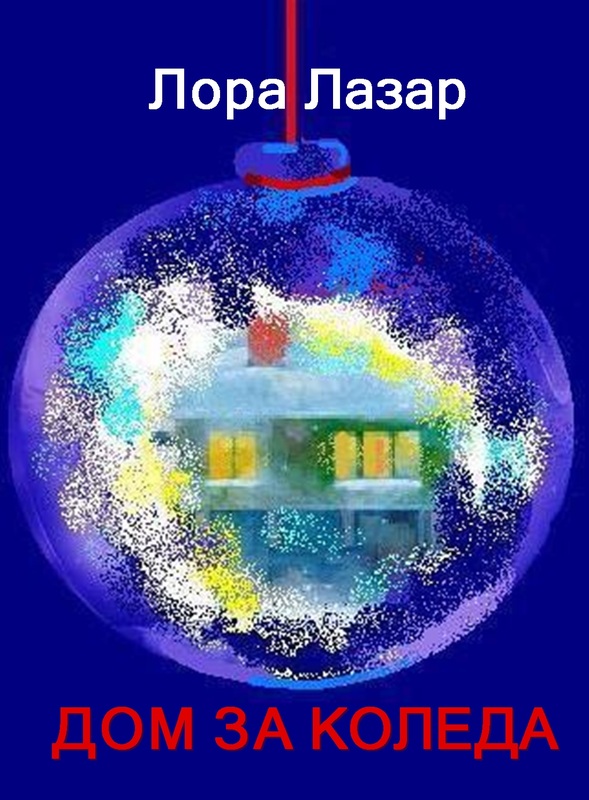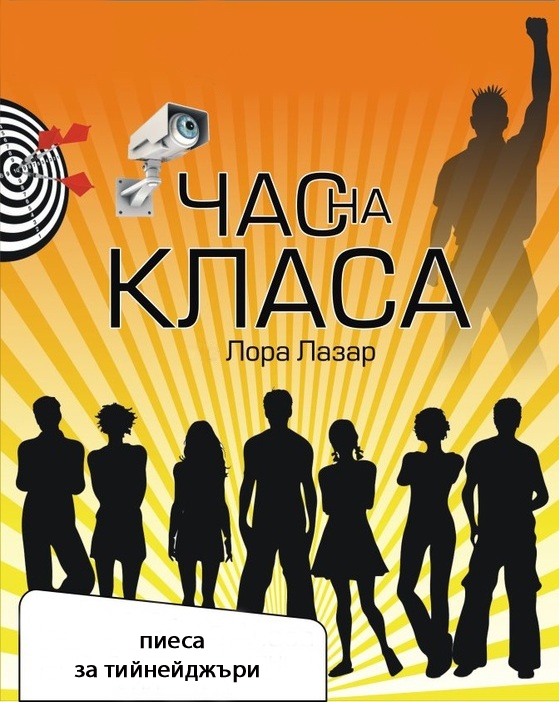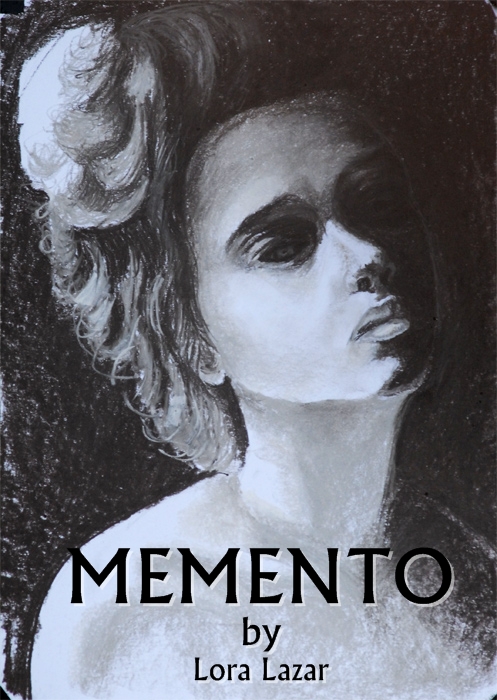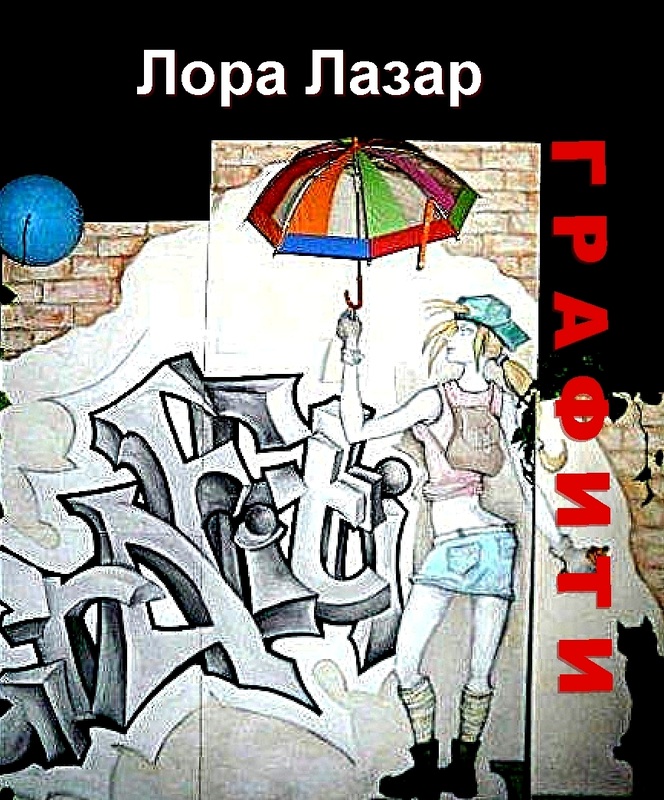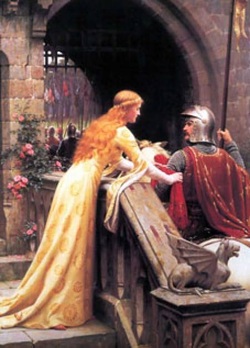
Eighteen years ago the late Prof. Yordan Andreev from "St. Cyril and Methodius" University uncovered a Czech legend in which the main characters are the Czech medieval knight Milohnev and the Bulgarian young witch Lada.
The parable is very dramatic and follows the tradition of medieval tragic love stories.
This saga was published for the first time in 1838 in the Czech Republic, where it was titled "Magic Lamp". It is about a young Czech Knight named Milohnev, who in 1217 joined one of the crusades organized by the Hungarian King Andrew II (also known as Andras II). Milohnev was lord of the castle Doubs, which was located on the left bank of the river Sazava in the Kourzhinska central area of today's Czech Republic. During the hostilities in the Middle East the nobleman was distinguished for his bravery and unbridled honesty and he earned the great honor to be part of King Andrew’s personal retinue.
On their return from the expedition, however, when passing through the Balkans, the Crusaders were stopped at the borders of Bulgaria by Tsar Ivan Asen II. As we know from a number of chronicles, the Bulgarian king set an ultimatum to King Andrew - in exchange for passage through his kingdom he asked for the hand of the daughter of the King, the Hungarian Princess Anna Maria.
During the negotiations, the Crusaders and the Bulgarian noblemen met often and went hunting together. Milohnev was especially friendly with one of the Bulgarian nobles – Bogoris, in whose name we could trace the old Proto-name Boris.
Once, chasing a big bear, Milohnev and Bogoris separated in the woods. Milohnev caught the beast, but failed to kill it with his spear. The bear, however, managed to attack him again. At that very moment in what seemed to be Milohnev’s last minutes, Bogoris appeared and saved the knight. So, Bogoris took him to his house, where he was surrendered to the care of his daughter Ladika.
The young Bulgarian girl was a very skillful healer. Day and night she selflessly cared for Milohnev and they fell in love. When he began to recover, the knight asked for a peculiar object in the room. It was a metal cup-shaped lamp.
On its handle, 12 male figures were depicted in a circle. They were holding a hemisphere with strange characters. The first silhouette was very beautiful, the second was uglier, and so on until the last figure, which hardly represented a human being. Milohnev was very intrigued by the lamp, because while he was feverish from his wounds, it seemed to him that the figures whispered to him, and once he even saw them dancing around. Ladika replied that she could not tell him anything about the lamp because it was forbidden. She was the most precious legacy of her late mother and she should never talk about this subject.
Over time Milohnev got better and recovered completely. Meanwhile, Tsar Ivan Assen married Princess Maria Anna and the Crusaders left Bulgaria. Bogoris liked the knight as a son and continued to lead the hunt with him.
One day he invited him to a feast with some other Bulgarian noblemen. But in the middle of the feast, Milohnev saw with horror a skull lined with silver. Bulgarian nobles drank wine from it, using it as a cup. The knight was horrified when his turn to drink from the skull came, and he threw it on the ground. The Bulgarians immediately pulled their swords because that was a great insult to them, but Bogoris stopped them and explained that Milohnev was a foreigner and he didn’t know their customs. However the celebration was ruined.
On the way home Bogoris explained to the Czech nobleman that it was a very high honor in Bulgaria to offer someone a drink from this cup. Still, Milohnev was terrified. He had noticed that the cup resembled Lada’s lamp and asked about the resemblance. His host told him that his late wife, called Asla, was a descendant of one of the most famous Bulgarian wizards. This lamp, passed through the generations now belonged to Lada. Milohnev decided that his young bride was possessed by some unclean force and her fascination by magic was a clear sign of it. So, although he was already betrothed his daughter, Milohnev decided to escape from Bogoris’ house.
It must be noted that this is the third mentioning of the old Bulgarian custom of drinking wine from a cup made of the skull of an enemy and overlaid with silver. The first mentioning was the case of Emperor Nikephoros Gennik from whose skull Khan Krum used to drink in 811. The second case involved Kaloyan, who enjoyed drinking from a cup made of the skull of Emperor Baldwin I. It seems that the tales are not fictional, but real, and drinking wine from a skull cup proves to be an old custom, which has been preserved during the Second Bulgarian Empire.
To go back to the story, after the feast Milohnev decided to leave Ladika. The very next day he prepared to leave. Bogoris insistently begged him to stay, and Ladika also tearfully asked him not to leave. She confided that she was already expecting a child, and if he would leave and her father found out about her pregnancy, he would kill her. Milohnev promised to return after two months and went away to his country. Even during the journey he got scared to think of any return, and instead tried to forget all his feelings for the Bulgarian girl. He went to his castle and never returned.
Once he dreamed of Ladika. There was a wound on her chest and a dead child in her arms. Milohnev guessed that Bogoris found out about the shameful secret of his daughter and killed her. In the knight’s dream his beloved was dead, but she reached out to him and handed him the lamp, saying, “You're not my husband, be my heir at least!”
Years after, Milohnev married Bertha, the daughter of a neighboring lord. The guests at the wedding gave a variety of gifts to the couple. An unknown girl gave Bertha a lamp and disappeared. After the wedding, the groom found with horror that this lamp was ... Ladika lamp! On realizing this, he fainted with horror, but as soon as he recovered, he began begging his young bride to throw away the lamp. Bertha, however, stated that she hadn’t seen a better lamp and lit it up. Shocked, Milohnev saw in the flame of the lamp the dead Ladika with his child in her hands, and the 12 figures were dancing around her!
In the morning the knight buried the lamp, but he found it again by his bed in the evening. He threw it in the lake, he tried to break it, but nothing helped. Every night the lamp appeared beside his bed. Over time, he revealed his sin to Bertha, but that did’nt help either. Soon he took ill and died. Before his death, he predicted that Bertha who liked the lamp so much had also been cursed. Not long after his death, the prophecy come true - his wife couldn’t endure the dreams that began to come upon her after the death of her husband, and threw herself from the castle walls.
The castle was abandoned. A rumour that every evening the ghost of the Bulgarian girl appeared there spread among the inhabitants living nearby. In 1420 Prince Vanke held out a ceremony at the castle, hoping that the evil spirits would be chased away by prayers. The lamp was smashed to pieces. In 1429 the castle passed into the hands of a new owner, but ghosts still appeared in the damned building. So, the new owner abandoned it and over time the castle was reduced to ruins. To this day the legend of the Bulgarian magic lamp and its curse is alive among the locals.
This is the incredible story of Ladika and Milohnev. It gives us a lot of historical data; it is also full of passion, grief and cursing. It shows that Europeans considered the Bulgarians very skillful in magic, magic coming from the ancient times, magic brought from the eastern steppes with the first Bulgarians led by Khan Asparuh.
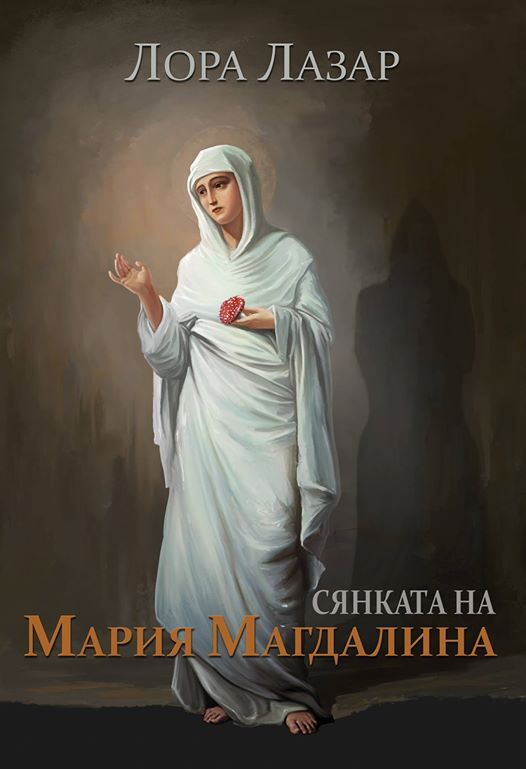
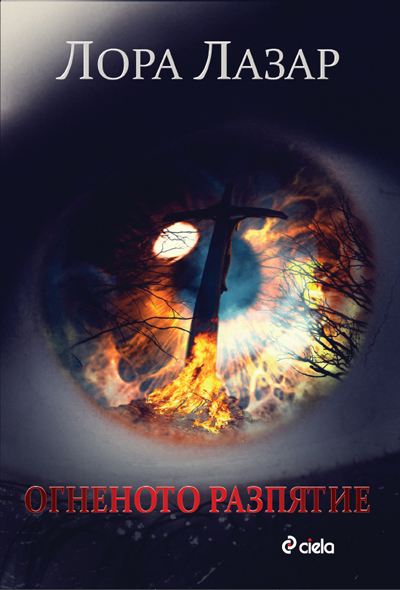
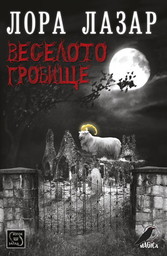
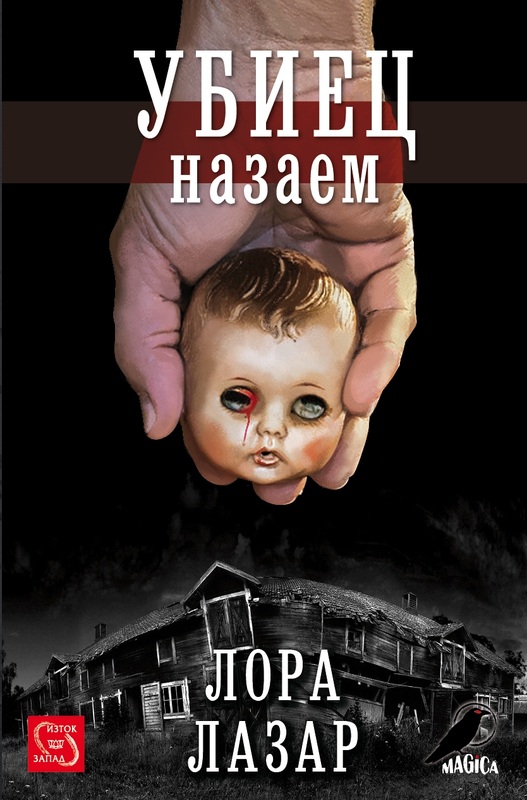

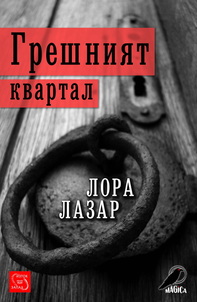
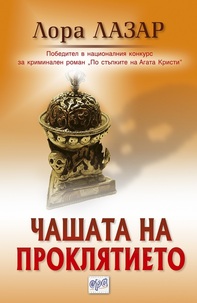
 RSS Feed
RSS Feed
